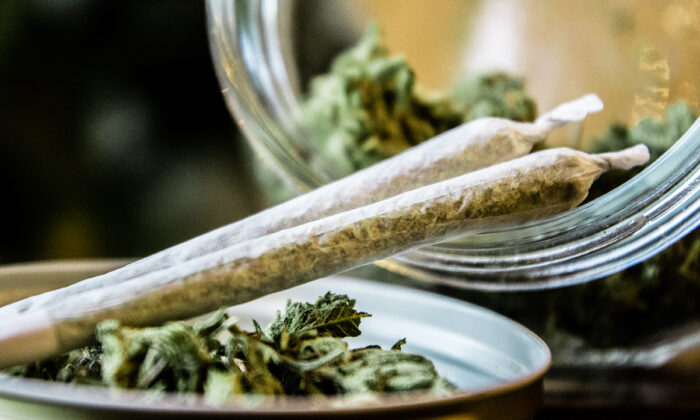This week on NPR's Short Wave podcast, we're diving into the science behind drugs like psychedelics and ketamine. So far, we've heard from scientists trying to untangle the effects of the "trip" that often comes with these drugs from the ways they might change the human brain. Some researchers point out that the trip makes the drugs inaccessible for some patients.
For example, patients with a history of bipolar disorder or schizophrenia can't take psychedelics or ketamine. Others may simply not want to trip or have out-of-body experiences at all. In both cases, a non-hallucinogenic drug could help bridge the treatment gap.

So companies like Delix Therapeutics are making new drugs inspired by psychedelics — without the trip. But there are still questions within the field about what aspect of these drugs is most important for patients. Some researchers emphasize the importance of the experiential trip component of psychedelics.
Others are optimistic that non-hallucinogenic drugs may widen treatment options for patients. Listen to the first episode of the series here and the second episode here . Catch the rest of this series on psychedelics and related drugs this week by following us on Spotify and Apple Podcasts .
Have other questions about psychedelics and the brain? Let us know by emailing [email protected] ! This episode was produced by Hannah Chinn. It was edited by Rebecca Ramirez and Geoff Brumfiel.
Tyler Jones checked the facts. Maggie Luthar was the audio engineer. Special thanks to Jon Hamilton.
.
Here's why researchers are making new psychedelic-like drugs — without the trip

This week, we've heard from researchers trying to untangle the effects of the "trip" that often comes with psychedelics and ketamine from the ways these drugs might change the human brain. For part three of our series on psychedelic drug research, we get a glimpse into why some researchers are taking the "trip" out of these drugs altogether. You don't need to have heard the previous two episodes to understand this episode on what could be next for psychedelic medicine.Catch the rest of this series on psychedelics and related drugs this week by following us on Spotify and Apple Podcasts. They're the previous two episodes in our podcast feed.Have other questions about psychedelics and the brain? Let us know by emailing [email protected]!















